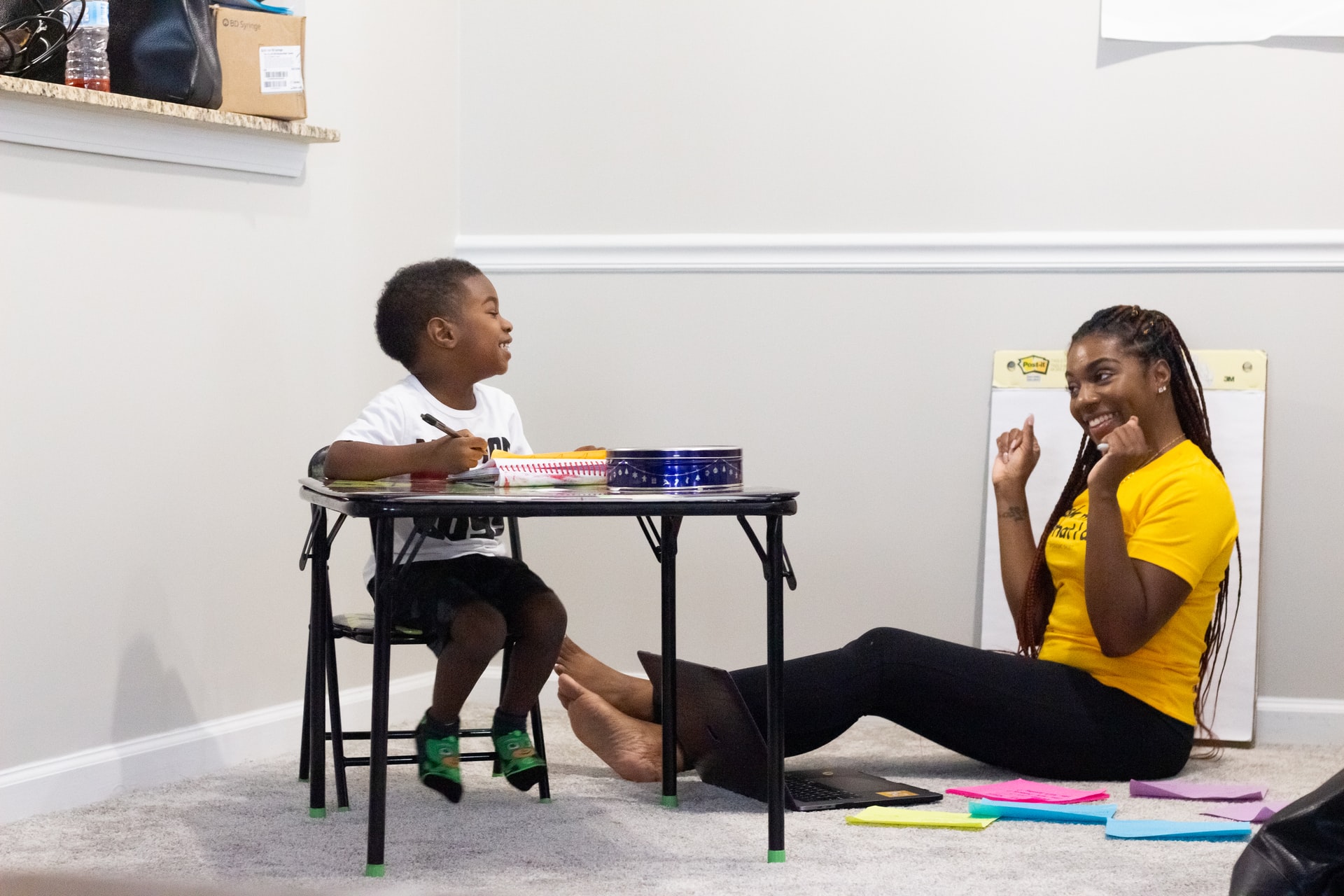Report cards may elicit a broad range of emotions in students and their parents, including pleasure, excitement, relief, disappointment, wrath, frustration, stress, fear, and worry.
An essential thing to keep in mind is that failing grades are not the end of the world, nor are they an indication that your child is a failure both academically and socially. Report cards provide you an opportunity to see how your child is doing in school and how his or her learning has progressed so far.
There will be occasions when you, as parents, are presented with your child's report card. Keep that reaction in your mind! Don't retaliate right away; remember, a poor report card isn't a reflection of your child's value or an indicator of your parenting abilities. Take a deep breath and allow us to educate you with 7 ideas on how to deal with your children's poor grades.
Here are 7 tips for Dealing with a Bad Report Card:
1. Stay Calm:
Your ability to remain cool in a hectic atmosphere or circumstance demonstrates your excellent parenting abilities. And those abilities will come in handy while dealing with your children's poor grades. You must reply calmly to this since the children will instinctively absorb your energy and be able to settle down as well!
Stop doing what you're doing and sympathise with your kids. First, ask them if there is anything you can do to help them feel better or if they want to talk about it. If they say yes, pay attention to them because we adults know how much we want someone to listen to us when we're unhappy, and the same is true for our wonderful children.
2. Find what’s Positive & Praise it:
We advise you to look for the positive aspects of your child's report card, thank them for it, and demonstrate to them that you are considering all information – good and bad. You'll get off on the right foot if you start the talk by encouraging your child's self-esteem and confidence. Your child wants to know that you are proud of them, so make sure you tell them why.
3. Don’t Lecture – Have a Discussion:
Inquire about your child and pay attention to their replies. If you lecture them, they will tune you out. Remember that the goal is to discover what's wrong with your child so that you can encourage him or her to try harder and improve. Begin by asking them about their feelings about school in general, this report card, their biggest achievements, and what they want to improve on.
If their bad scores are due to a lack of understanding of a specific topic, you might seek aid from online tutors. Platforms like EduWorldUSA provide a variety of homework assistance services where an expert can tailor a solution to your specific needs and ensure that your child passes with flying colours.
4. Review the Teacher’s Comments:
This is critical because it explains why your child earned the grades he or she did and what they need to improve on. Are they paying attention in class? Is there a pattern among the subjects that might indicate a broader difficulty?
When determining what constitutes a "poor" grade, keep in mind that perspective is crucial. You can't just take anything at face value. Although your child's grades may not yet be where they should be, if he or she is making consistent progress in difficult areas, your teacher's remarks will reflect this.
5. Meet with Your Child’s Teacher:
Because your child spends so much time with his or her teachers, scheduling a meeting to go over the report card may help you understand more about your child's behaviour, habits, and school performance. This meeting will also provide you with an opportunity to discover more about the teachers, including their teaching style, classroom regulations, and overall learning philosophy.
Communicating with your kid's teachers can help you better understand why your child is receiving the grades he or she is, expose possible difficulties and even help you set accomplishment goals.
6. Set Accomplishment Goals:
To do this, you must sit down with your children and create goals together. Always remember to break down your objectives. For example, if your objective is to achieve an "A" at the end of the year starting in March, break it down into C, B, and eventually A grades. In this manner, you can keep your kids from becoming disheartened if they don't get an A on the following test. You can start by setting homework goals. By seeking aid from internet specialists and searching for "online assignment help," you may save a lot of time. Experts serve as a catalyst, assisting you in finishing your assignment while also teaching the fundamental ideas.
You and your children must write it down for it to be successful. Make a large board and embellish it. One thing to remember: don't put the board up where your guests or cousins can see it; instead, put it up in your private room or your children's room, if they agree.
7. Celebrate:
When we think of our children's accomplishments, we generally think of large ones like obtaining excellent grades in exams, being picked for a school play, or winning sports contests, but minor victories at school or home are rarely seen as achievements by parents.
Small victories should be celebrated by parents to enhance children's self-esteem and motivate them to tell their parents more about what they did and accomplished. Isn't it exactly what you want as a parent? Children are receptive to sharing everything, and it will become habitual for them since they know you value their accomplishments, big or small.
We hope you found these suggestions for dealing with poor report card use, and that your kid will benefit from them as well.





